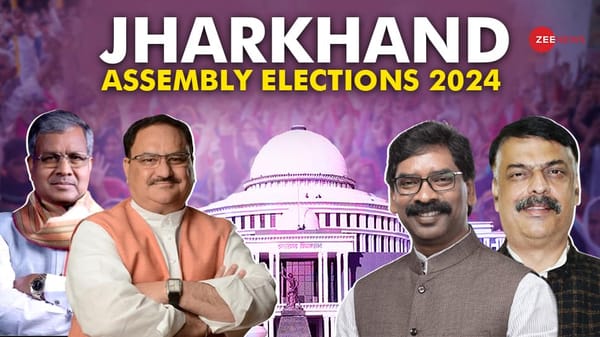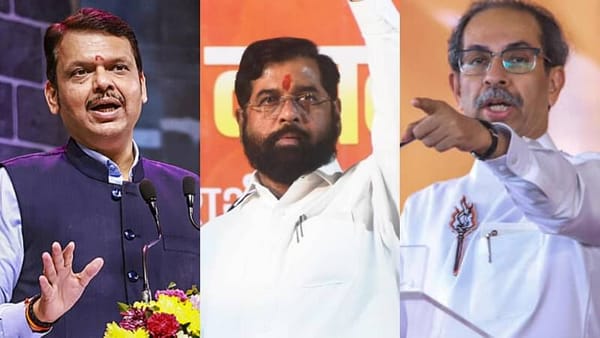Delhi: India's Dynamic Capital City

Delhi, the capital of India, is a sprawling metropolis that encapsulates the country's rich history, diverse cultures, and rapid modernization. From ancient monuments and bustling markets to gleaming skyscrapers and vibrant neighborhoods, Delhi is a city of contrasts and contradictions. In this article, we explore the multifaceted nature of Delhi, from its historical significance and cultural heritage to its economic importance and contemporary lifestyle.
Historical Heritage
Delhi has been a witness to the rise and fall of numerous empires throughout history, each leaving behind a distinct imprint on the city's landscape.
Old Delhi
- Mughal Legacy: Old Delhi, with its narrow lanes and bustling markets, was once the heart of the Mughal Empire. The majestic Red Fort, built by Emperor Shah Jahan, and the Jama Masjid, one of India's largest mosques, are iconic landmarks that reflect Delhi's Mughal heritage.
- Chandni Chowk: This bustling market street, dating back to the 17th century, is a vibrant tapestry of sights, sounds, and smells, offering everything from traditional street food to intricate handicrafts.
New Delhi
- British Influence: New Delhi, designed by British architect Edwin Lutyens, serves as the modern capital of India. The grand boulevards, government buildings, and iconic India Gate symbolize the city's colonial past.
- Rashtrapati Bhavan: Formerly known as the Viceroy's House, this palatial residence serves as the official residence of the President of India and is an architectural marvel.
Cultural Diversity
Delhi is a melting pot of cultures, languages, and cuisines, reflecting India's diversity and pluralism.
Cultural Landmarks
- Qutub Minar: This UNESCO World Heritage site is the tallest brick minaret in the world and a masterpiece of Indo-Islamic architecture, dating back to the 12th century.
- Humayun's Tomb: Another UNESCO World Heritage site, Humayun's Tomb is a stunning example of Mughal architecture and served as a precursor to the Taj Mahal.
Festivals and Celebrations
- Diwali: The festival of lights is celebrated with great fervor in Delhi, with streets adorned with colorful lights, fireworks displays, and traditional sweets.
- Eid-ul-Fitr: The end of Ramadan is marked by festivities in Delhi, with prayers at Jama Masjid followed by feasts and family gatherings.
Economic Hub
Delhi is not only the political capital of India but also a major economic center driving the country's growth and development.
Business Districts
- Connaught Place: This commercial and financial hub is home to corporate offices, upscale boutiques, and renowned restaurants, making it a magnet for business and leisure travelers alike.
- Nehru Place: Known as Delhi's "electronic hub," Nehru Place is a bustling marketplace for computers, electronics, and IT products.
Start-Up Ecosystem
- Hubs of Innovation: Delhi is witnessing a surge in start-up activity, with areas like Gurugram (formerly Gurgaon) and Noida emerging as hubs for technology, e-commerce, and entrepreneurship.
- Incubators and Accelerators: Organizations like The Indraprastha Institute of Information Technology (IIIT Delhi) and T-Hub are fostering innovation and supporting the growth of start-ups in the city.
Contemporary Lifestyle
Delhi's contemporary lifestyle is a blend of tradition and modernity, with a thriving culinary scene, vibrant nightlife, and cultural events.
Culinary Delights
- Street Food: Delhi is famous for its street food, with iconic dishes like chaat, parathas, and kebabs found in every corner of the city.
- Fine Dining: The city boasts a diverse culinary scene, with restaurants offering cuisines from around the world, as well as innovative interpretations of traditional Indian dishes.
Arts and Entertainment
- Cultural Institutions: Delhi is home to numerous cultural institutions, including the National Gallery of Modern Art, the National Museum, and the National School of Drama.
- Performing Arts: The city hosts a variety of performing arts events, including theater productions, music concerts, and dance performances, showcasing both traditional and contemporary forms of expression.
Challenges and Opportunities
While Delhi thrives as a global city, it also grapples with challenges such as pollution, traffic congestion, and urban sprawl.
Sustainability Initiatives
- Green Spaces: Efforts are underway to create more green spaces and improve air quality through initiatives like tree planting drives and the introduction of electric vehicles.
- Public Transport: The expansion of the Delhi Metro and the promotion of cycling and walking are aimed at reducing traffic congestion and promoting sustainable transportation.
Conclusion
Delhi, with its rich tapestry of history, culture, and commerce, is a city that captivates and inspires. From ancient monuments to modern skyscrapers, from bustling bazaars to gourmet restaurants, Delhi offers a kaleidoscope of experiences that reflect the dynamism and diversity of India. As the city continues to evolve and adapt to the challenges of the 21st century, it remains a symbol of resilience, innovation, and the enduring spirit of its people.



